UN Security Council, the right to veto
Russia vetoed action in the United Nations Security Council on the Ukraine conflict, which angered many and prompted a campaign to reduce the power permanent members of the council wield.
On February the 25th, the US called a UN Security Council meeting to address Russia's military operation in Ukraine. Russia didn't want the meeting called but nine members of the 15 member council voted to convene.
In that meeting, the United States proposed a resolution on behalf of 52 of the 128 UN member states to hold Moscow accountable for "Russia's aggression against Ukraine".
Eleven UNSC members voted in support of the resolution, three abstained and only one member voted against the motion, Russia and then, as a permanent member, Russia exercised its veto power to veto the measure.
Veto power means that if any one of the permanent member states casts a negative vote in a pending UN Security Council decision, the resolution cannot be approved.
There are five permanent members of the Security Council all of whom hold veto power over substantive measures. The United States, the United Kingdom, France, the People's Republic of China, and the Russian Federation, these five nations, which were allies during the Second World War, were chosen as permanent members of the Security Council in 1945 intent that they would protect world security and prevent another world war.
A key provision of the UN Charter, paragraph three of article 27, stipulates that member states that are party to a conflict have no right, in certain situations, to exercise their veto power to block action in the 15 Nation Council.
While the Russian vote was clearly a violation of the charter, however, no permanent member of the Security Council was willing to challenge it. Experts say it is because they wanted to leave open the possibility of vetoing any resolution in which they might be involved.
This means that the article 27 prohibition on votes that present conflicts of interests has no meaning at all. The absolute veto power granted to each of the council's permanent members, has, since its inception been a key obstacle to the world body's fulfillment of its mission.
That's because the P five have almost always been divided into rival geopolitical blocks with a member of one block exercising its veto on many crucial decisions.
The situation has also created a source of deep frustration among the UN's rank and file who believe the use of the veto represents an existential threat to the core principles and objectives of the United Nations.
Critics of the veto say that it's the most undemocratic element of the UN, being the main cause of inaction on war crimes and crimes against humanity as it effectively prevents UN action against the permanent members and their allies. So given the blanket use of the UN veto power how legitimate of a force can the United Nations Security Council really be during conflicts?
There are countries that advocate radically changing the way the Security Council operates by introducing the possibility of overturning a permanent member's veto.
This could be done by adding a clause to article 27 that would allow a large double majority representing, for example, at least two thirds of member countries and two thirds of the world's population to override a veto.
The proposal will be vetoed by the permanent members, but a large majority of countries would likely support it. In fact, this is an ideal time for the world's democracies to propose such a change.
Those who claim to be in favour of fairness and democracy could seize the moment and show their determination to create a more equitable and inclusive multilateral system.
The permanent members of the United Nations Security Council carry the primary burden of protecting the world from war and maintaining global peace, but if they exercise their power to do what only serves them best, the rest of the world needs to step in and take control.
World War Two was a long time ago and, since then, the world has changed a lot. Even major players have changed. It's been years since Member States called for removing the veto power so that the Security Council could include new permanent seats.
The current conflict in the Ukraine can lead to that change if the superpowers start thinking about peace, rather than their own interests.
'Blatant war crime': Iran denounces US-Israel strikes on Gandhi hospital in Tehran
IRGC spox: 650 casualties for US military in two days as Iran missiles force aircraft carrier to fle
Tehran warns of false-flag operations, says Israel ‘undoubtedly’ seeking to widen war
New wave of attacks devastates key US base in Bahrain as Iran strikes back
Melania Trump chairs UN children's meeting as Iran buries kids killed in US-Israeli attack
Why Iran’s Leader refused special protection, leading from the front until last breath
Hezbollah strikes Israeli surveillance, military base in Golan Heights, occupied lands
Iran holds funeral for scores of schoolgirls murdered in US-Israeli aggression


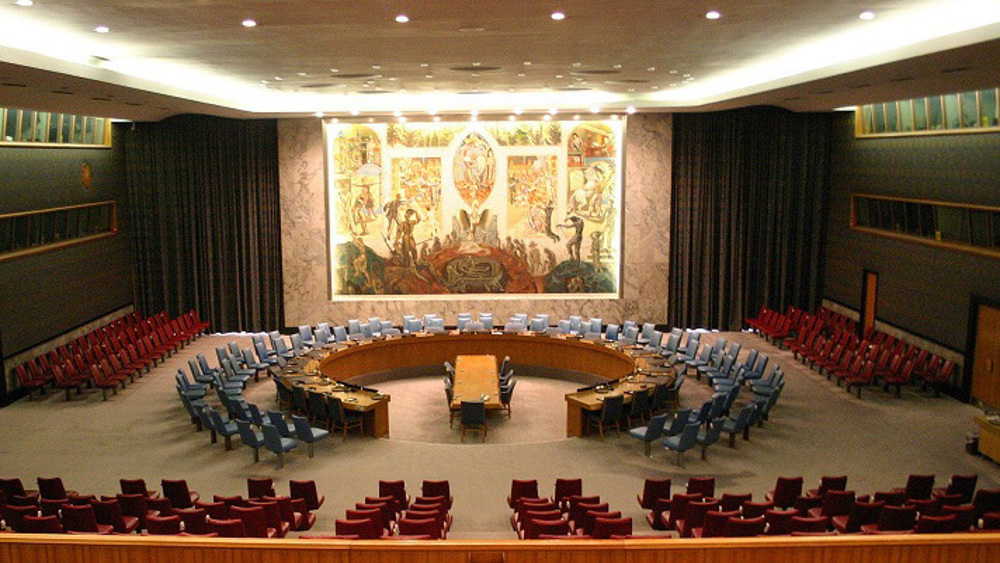
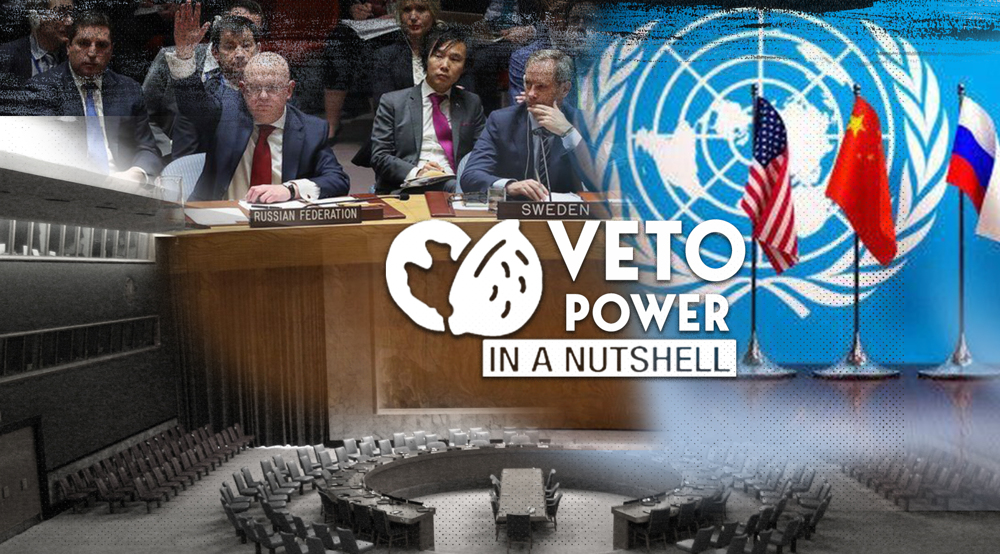
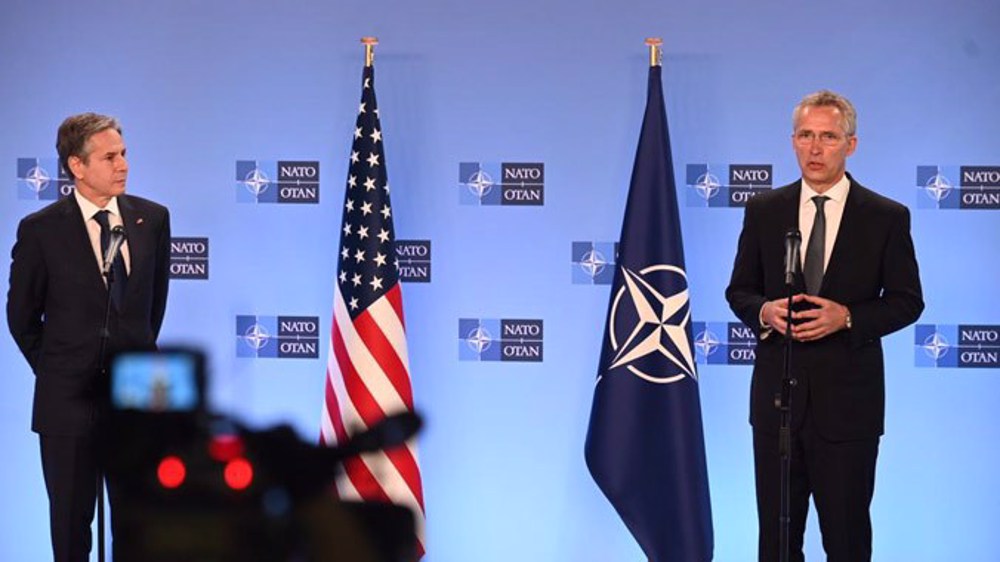
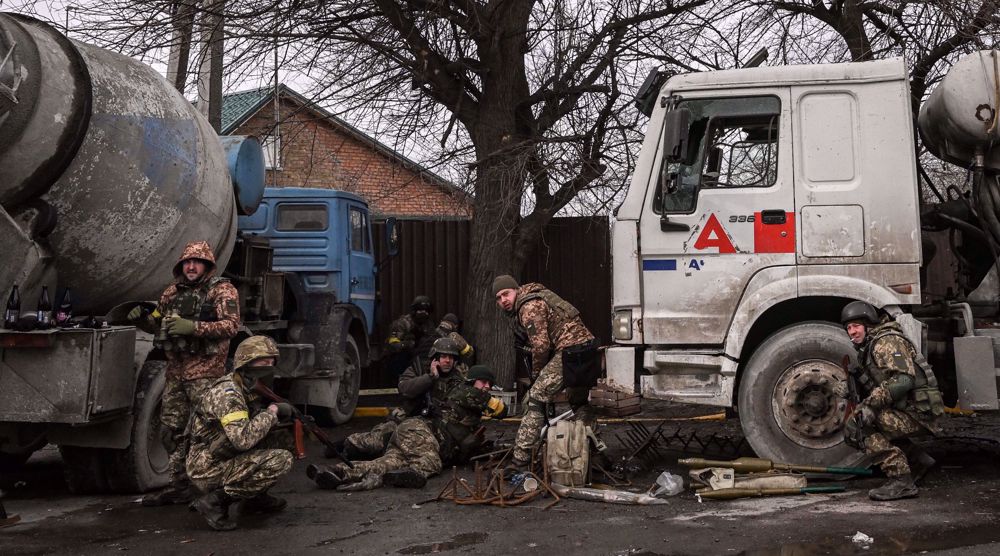
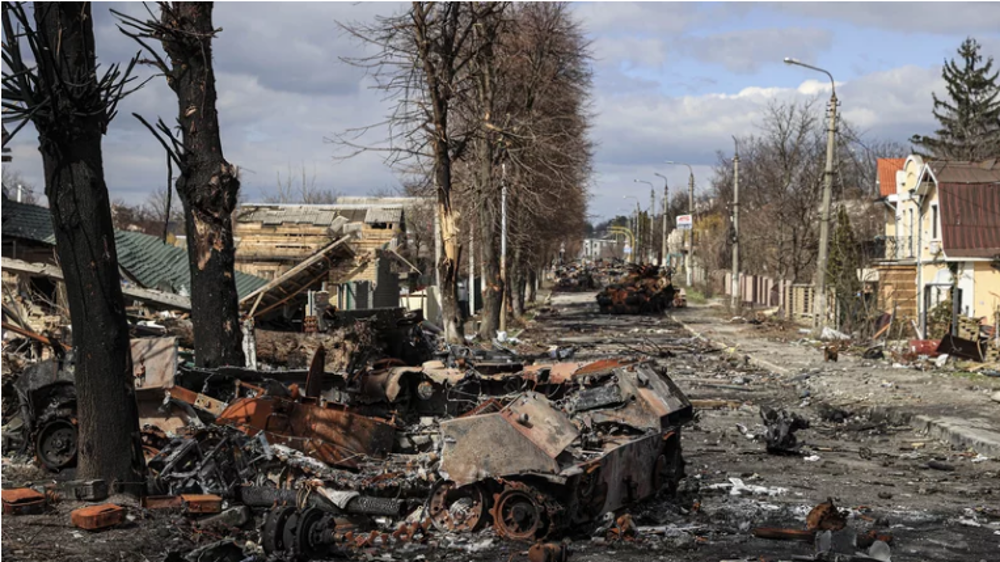
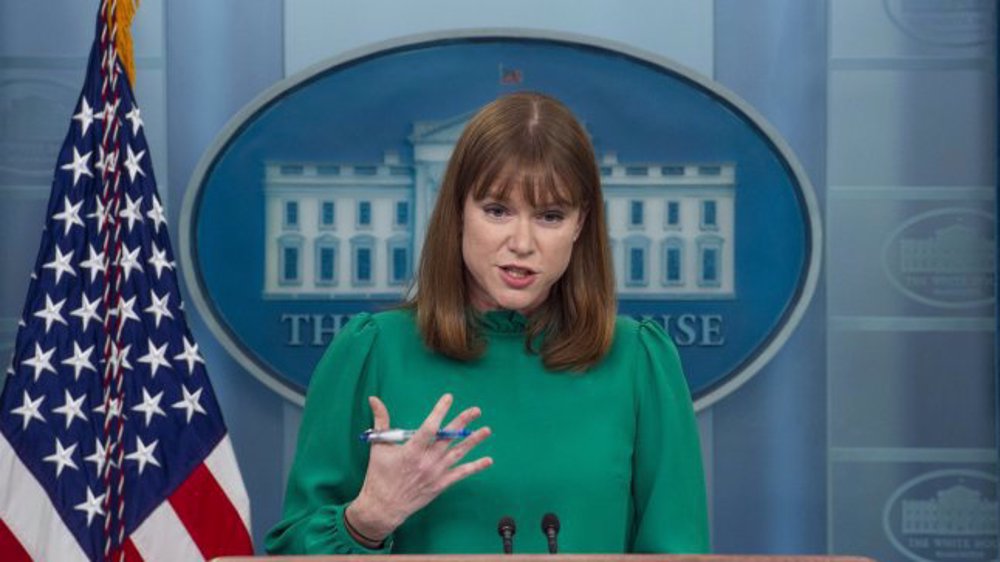
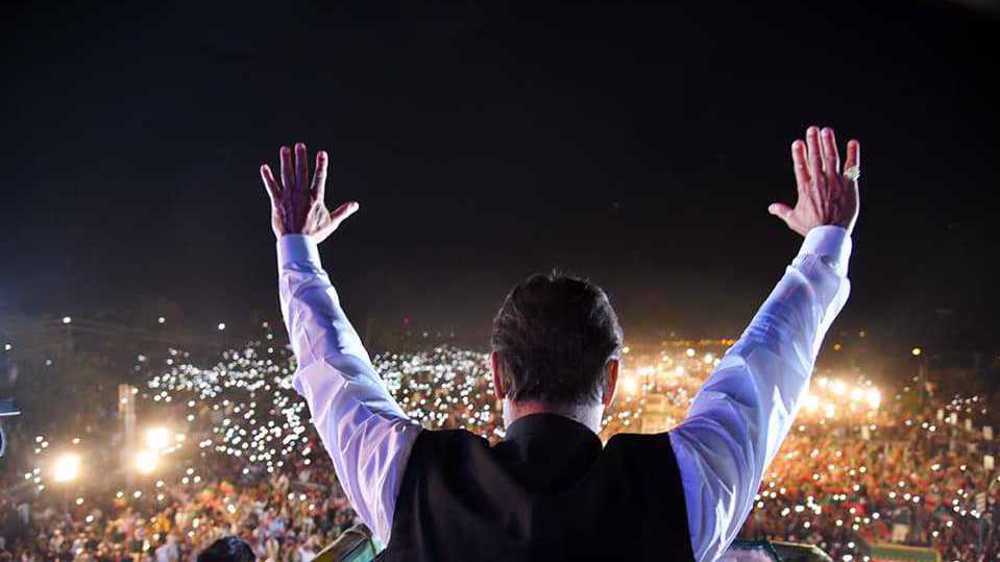
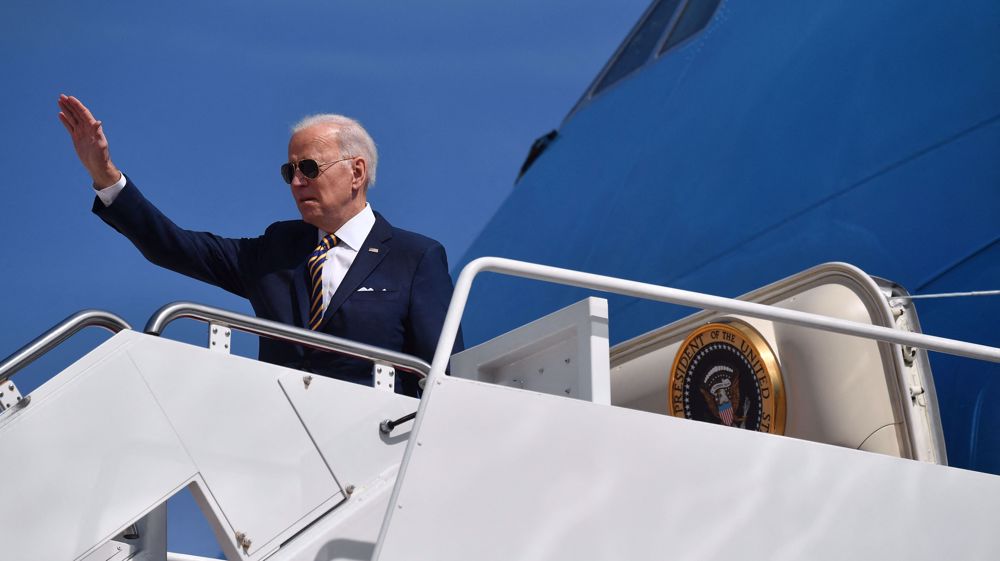
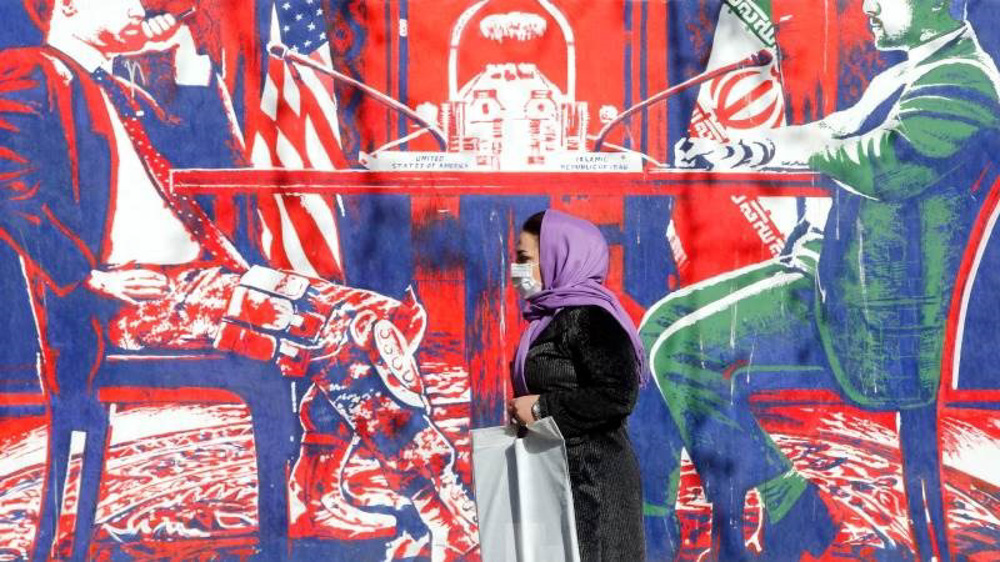
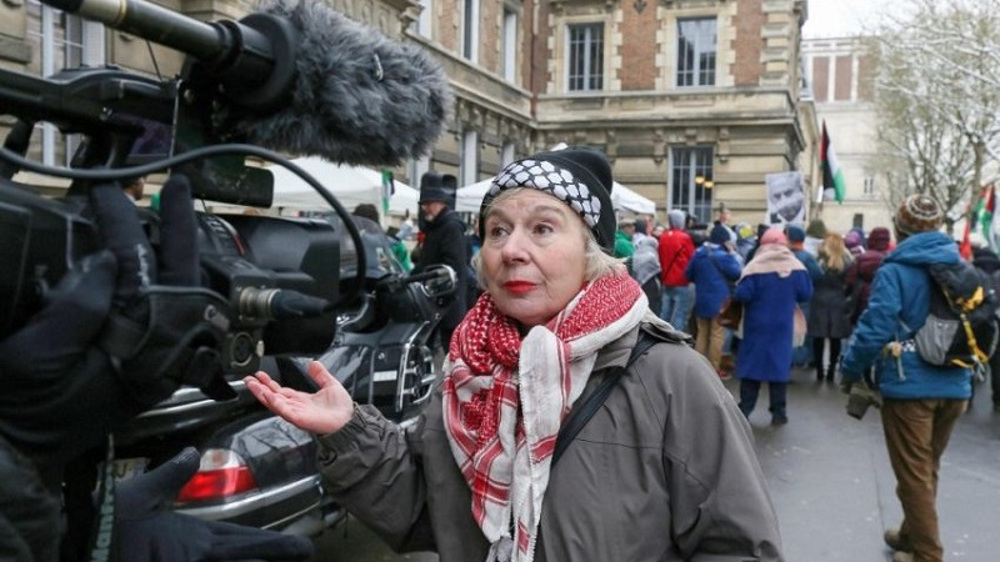
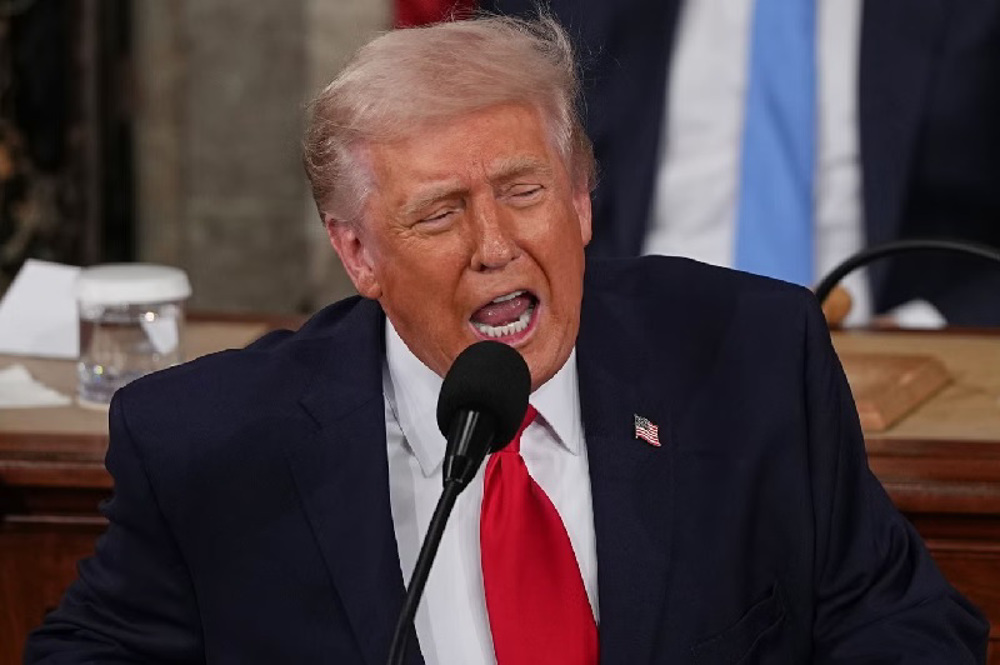
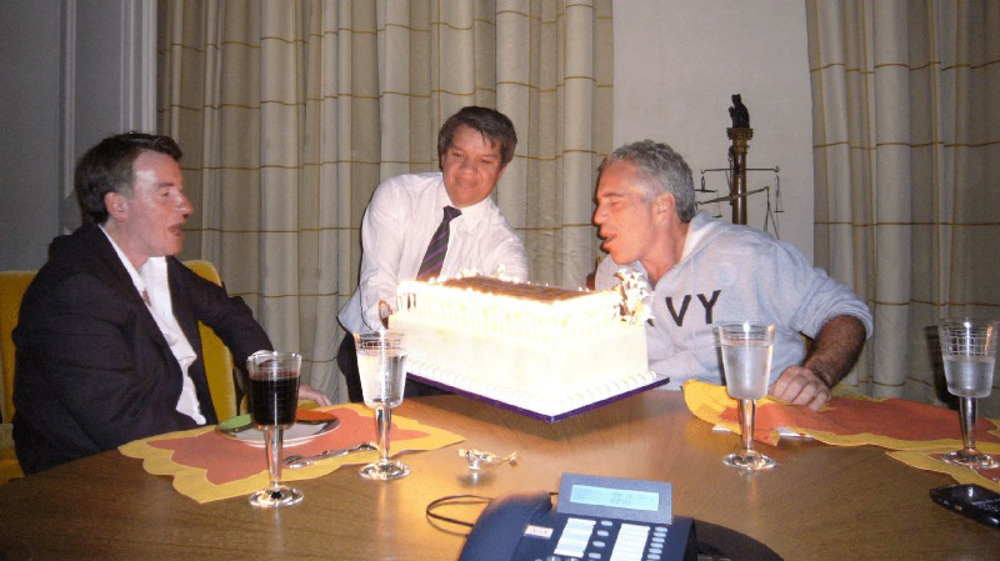



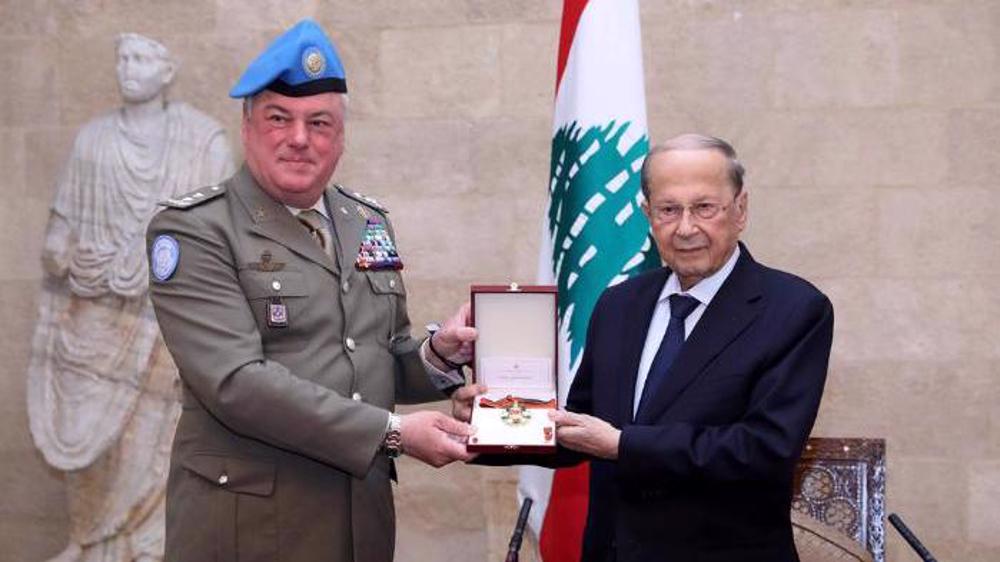
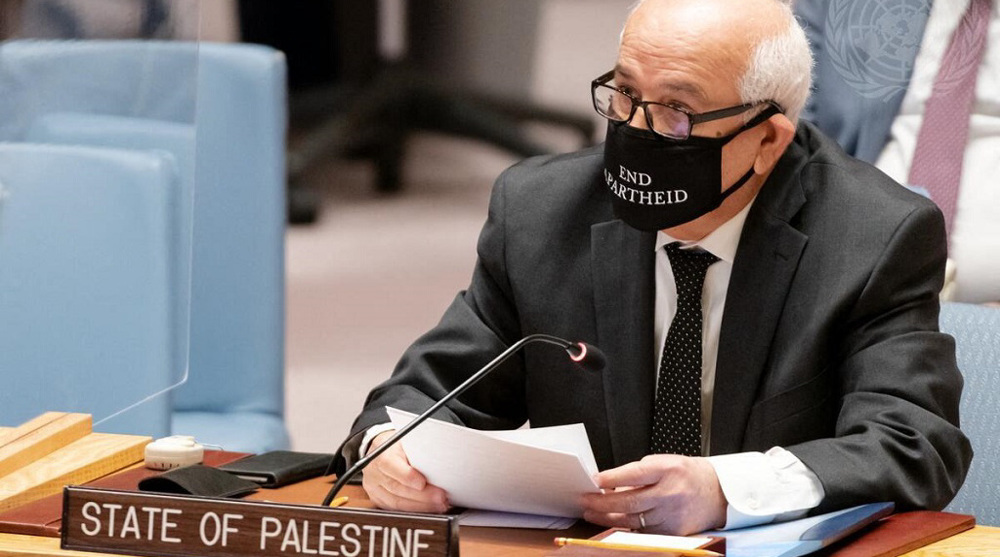
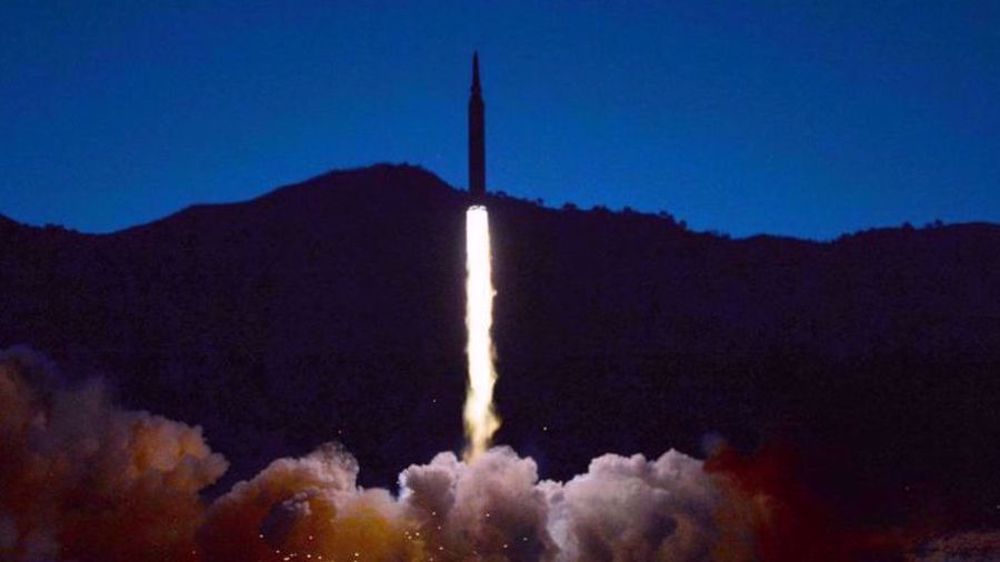
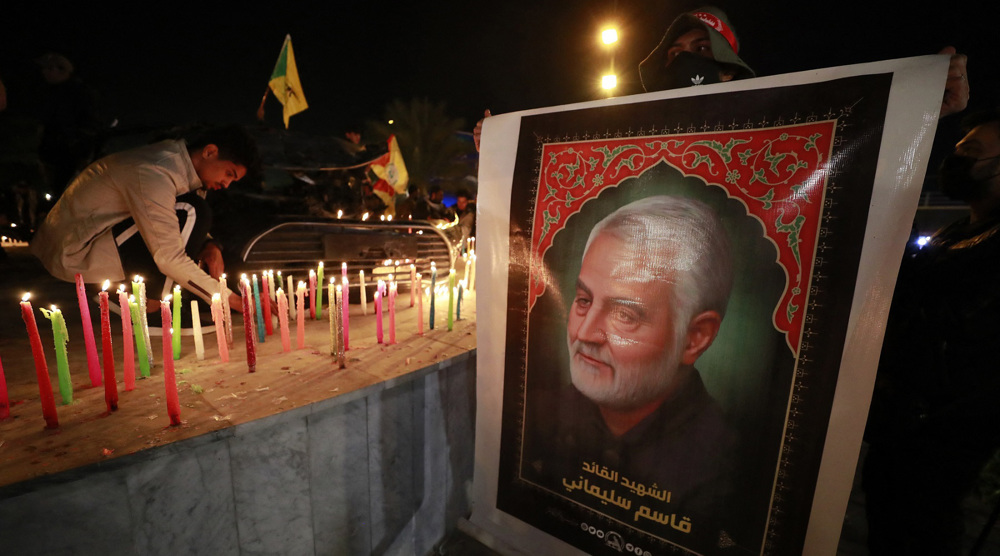

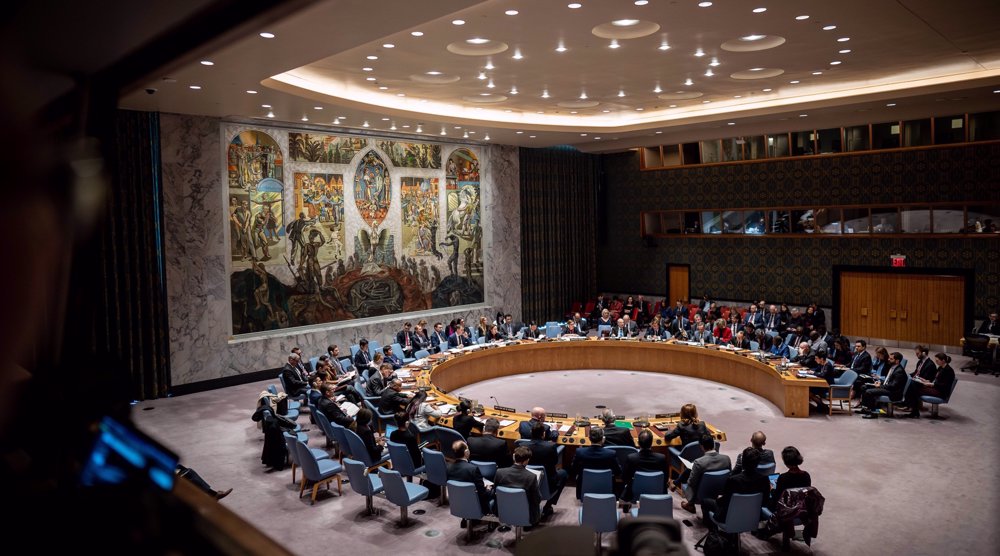
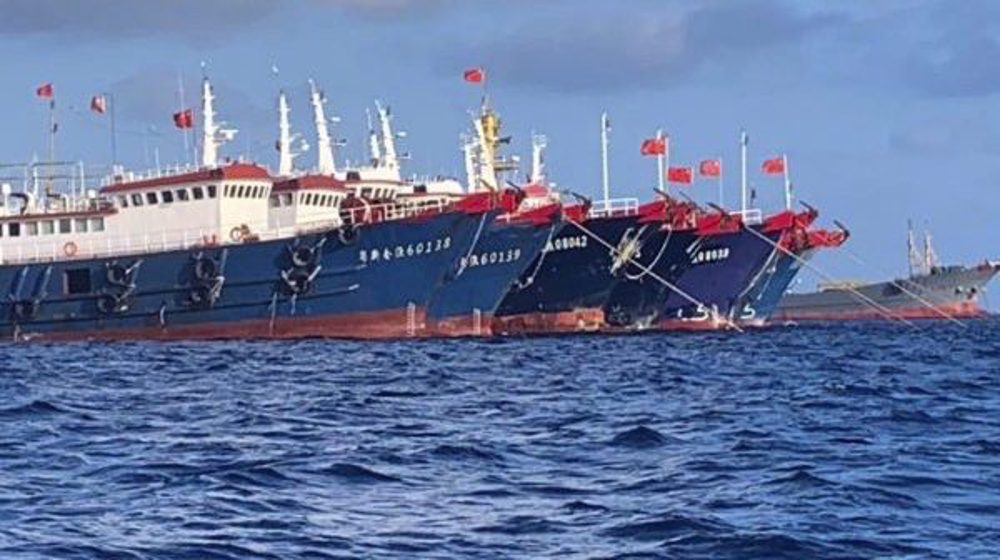
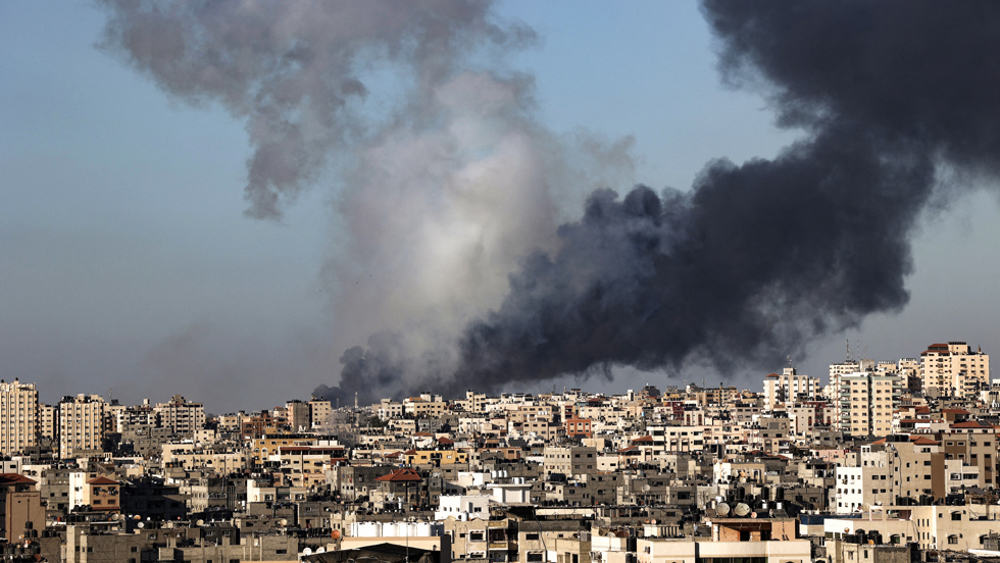
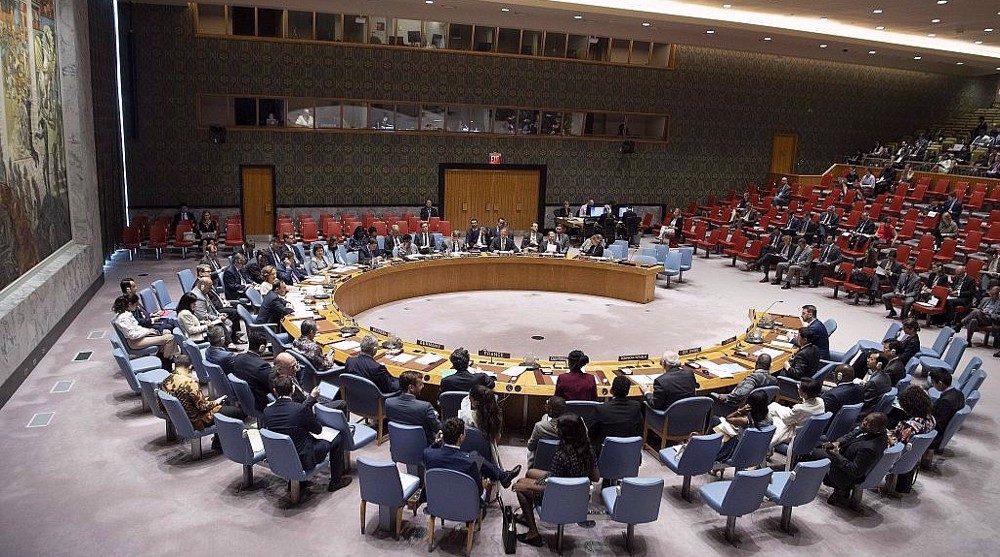
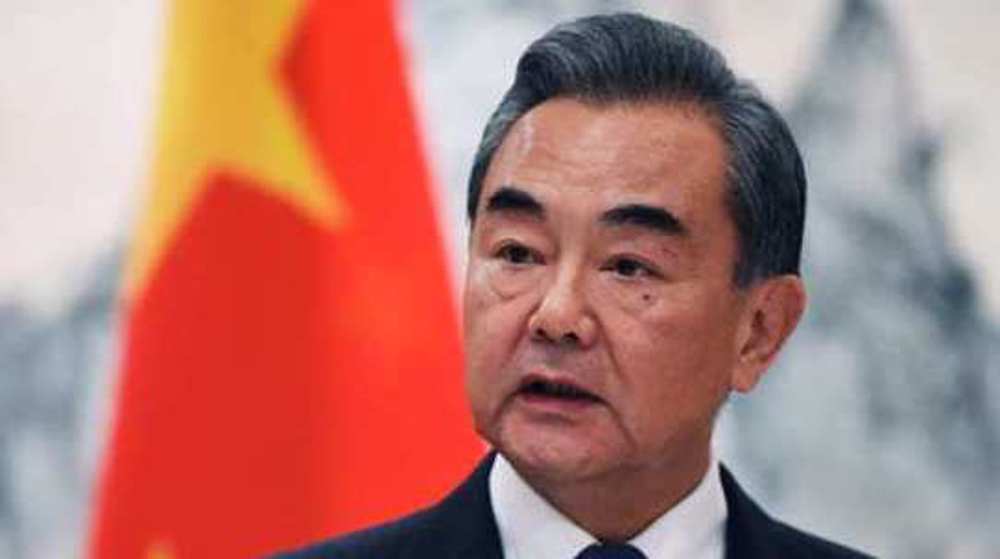

 This makes it easy to access the Press TV website
This makes it easy to access the Press TV website